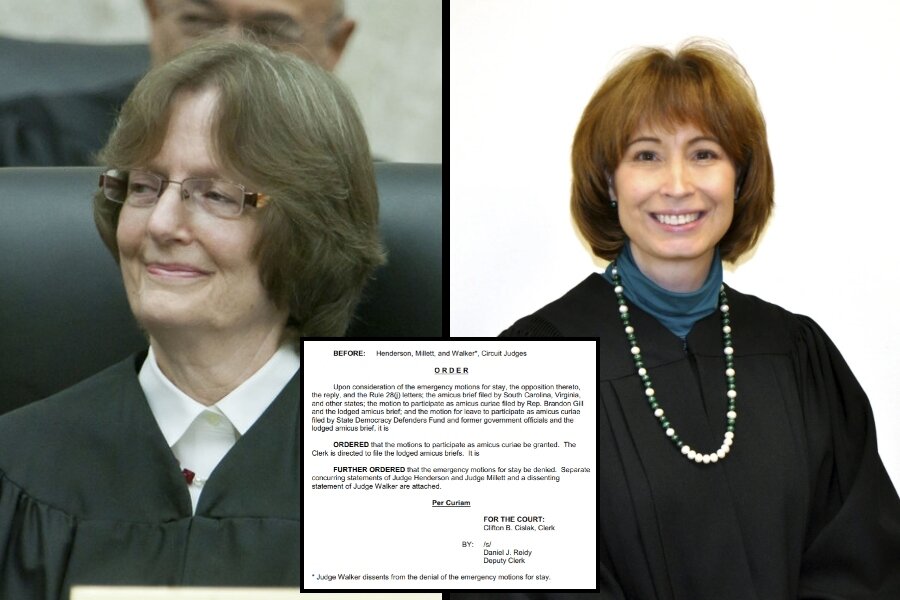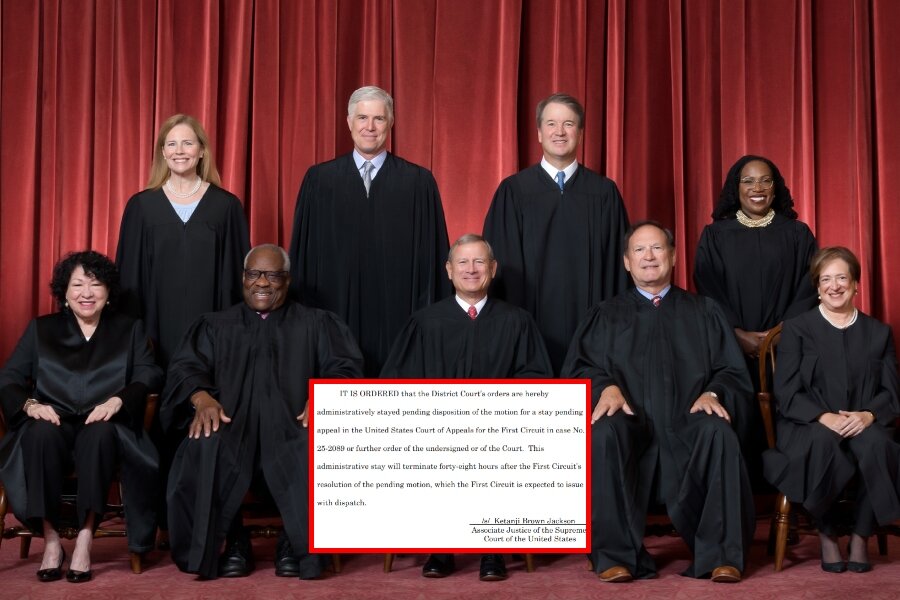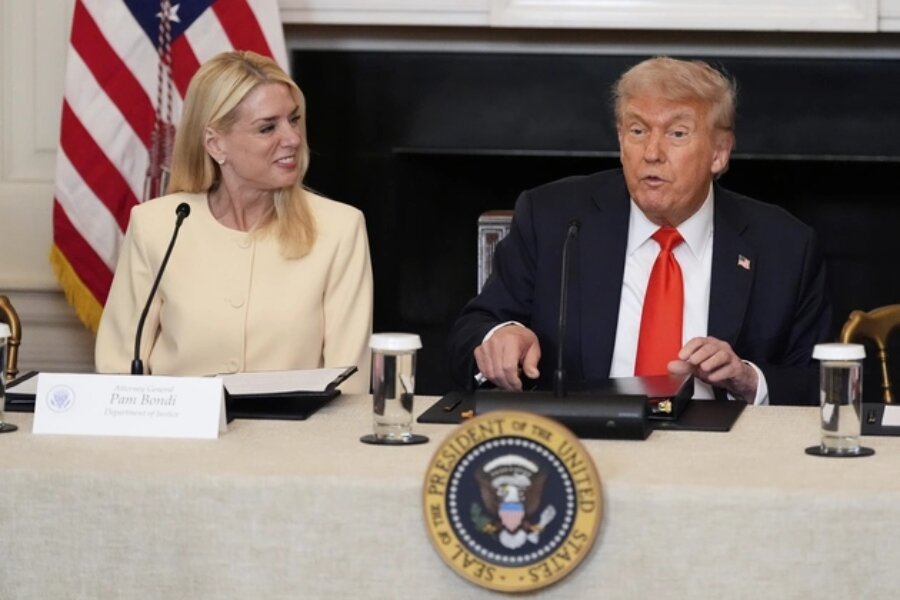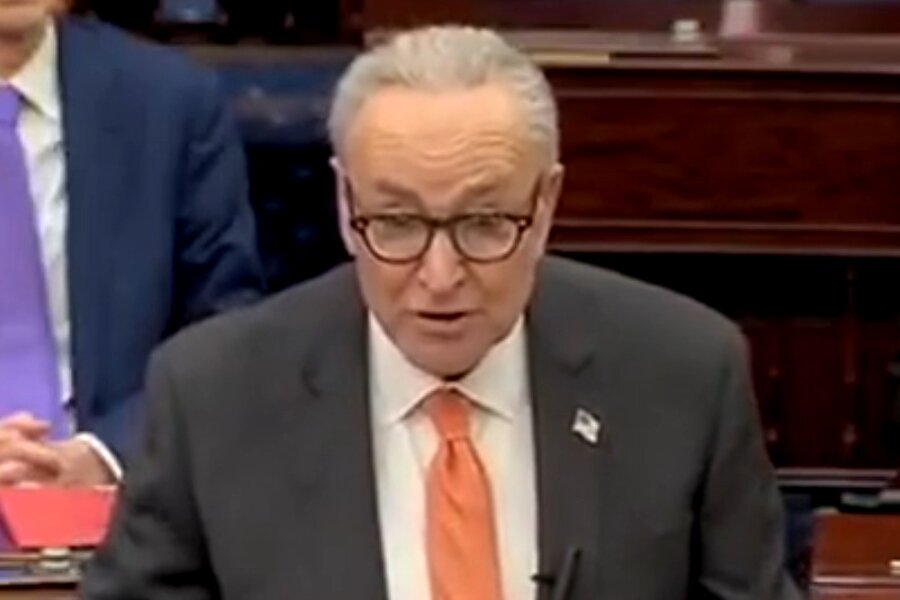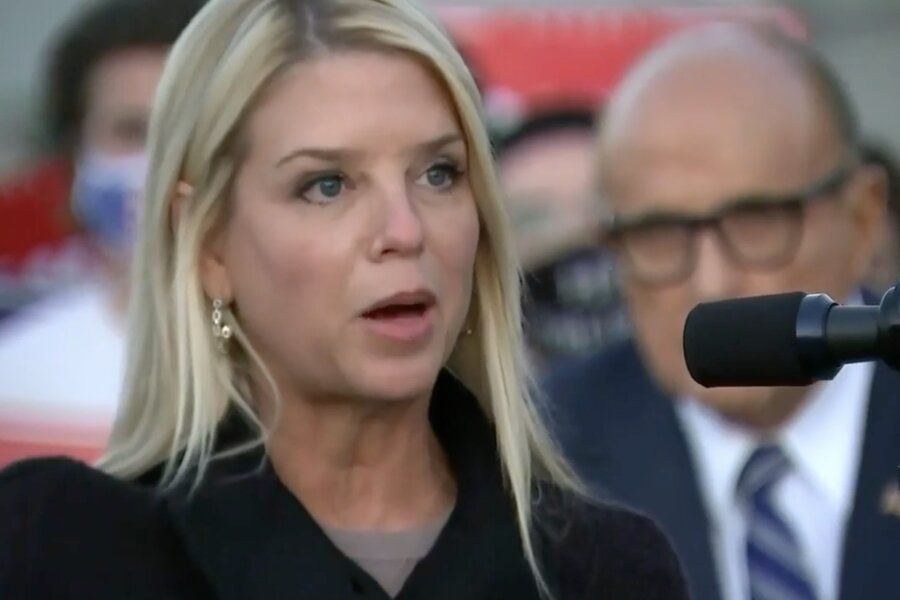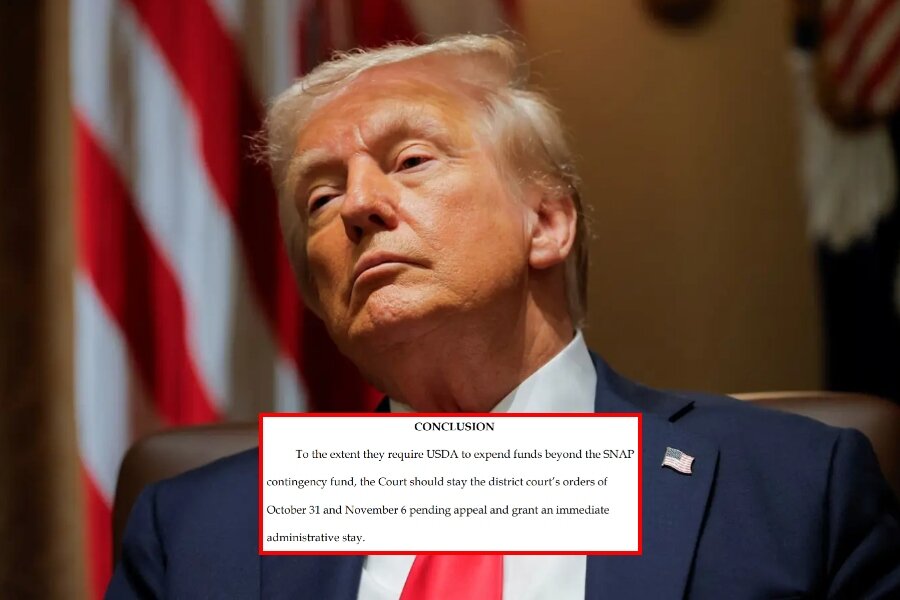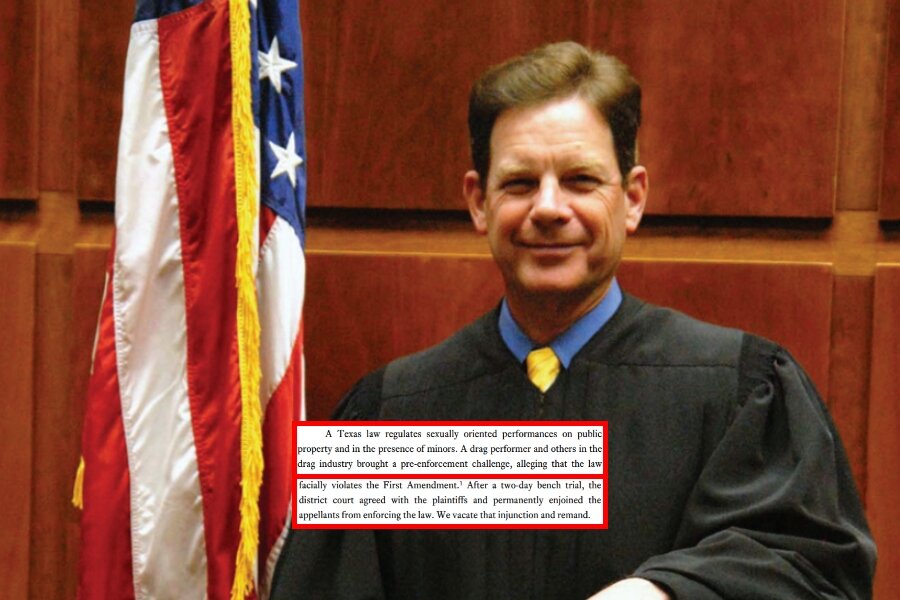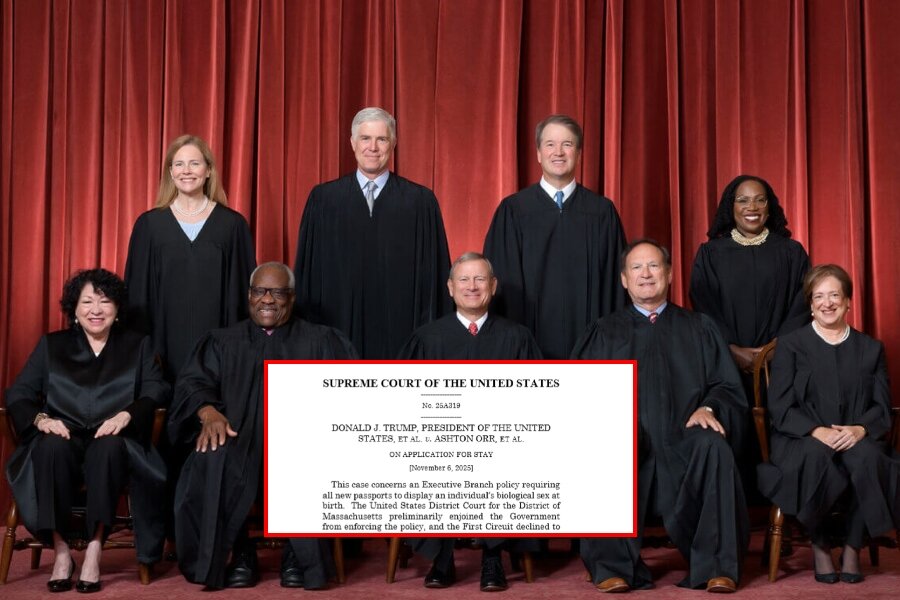The U.S. Court of Appeals for the D.C. Circuit has denied President Donald Trump’s request to halt a lower court order blocking his proclamation that applied the Alien Enemies Act to support the deportation of suspected members of a Venezuelan gang.
Judges Karen Henderson and Patricia Millett opposed the administration’s request, while Judge Justin Walker dissented, stating that the lower court’s order threatened to harm the executive branch’s negotiations with foreign powers.
The decision came after a hearing on March 26 in which Millett and Walker asked questions indicating skepticism and support for the administration’s position.
It’s a hotly contested case that has underscored ongoing tension between the executive branch and judicial branch, which has issued multiple injunctions halting Trump’s agenda in recent months. Trump has called for the lower court judge in the case to be impeached, prompting an apparent response from Chief Justice John Roberts.
Millett, meanwhile, praised the district court’s handling of the case and said “there is neither jurisdiction nor reason for this court to interfere at this very preliminary stage or to allow the government to singlehandedly moot the Plaintiffs’ claims by immediately removing them beyond the reach of their lawyers or the court.”
Millett seemed to worry about the consequences of granting the administration’s requests, suggesting that the administration had “easily thrown aside” the Constitution’s demand of due process.
Walker’s dissent stated that “the government has … shown that the district court’s orders threaten irreparable harm to delicate negotiations with foreign powers on matters concerning national security.”
During oral argument, Department of Justice (DOJ) attorney Drew Ensign said that the lower court’s order “represents an unprecedented and enormous intrusion upon the powers of the executive branch.”
“It enjoins the president’s exercise of his war and foreign affairs powers under the Alien Enemies Act and does so in a manner that purports to direct operations outside the United States’ borders and in a manner that could intrude upon sensitive diplomatic negotiations,” Ensign said. He also noted that the appropriate legal avenue for the plaintiffs was through a petition for habeas corpus, a point that faced some pushback from Millett.
Henderson said that “the Executive’s burdens are comparatively modest compared to the plaintiffs’. Lifting the injunctions risks exiling plaintiffs to a land that is not their country of origin.”
Henderson also suggested that the administration took too broad a view of executive authority. “At the outset, the government’s suggestion that judicial review of the Alien Enemies Act is categorically foreclosed is incorrect,” she said.
Share your thoughts by scrolling down to leave a comment.

